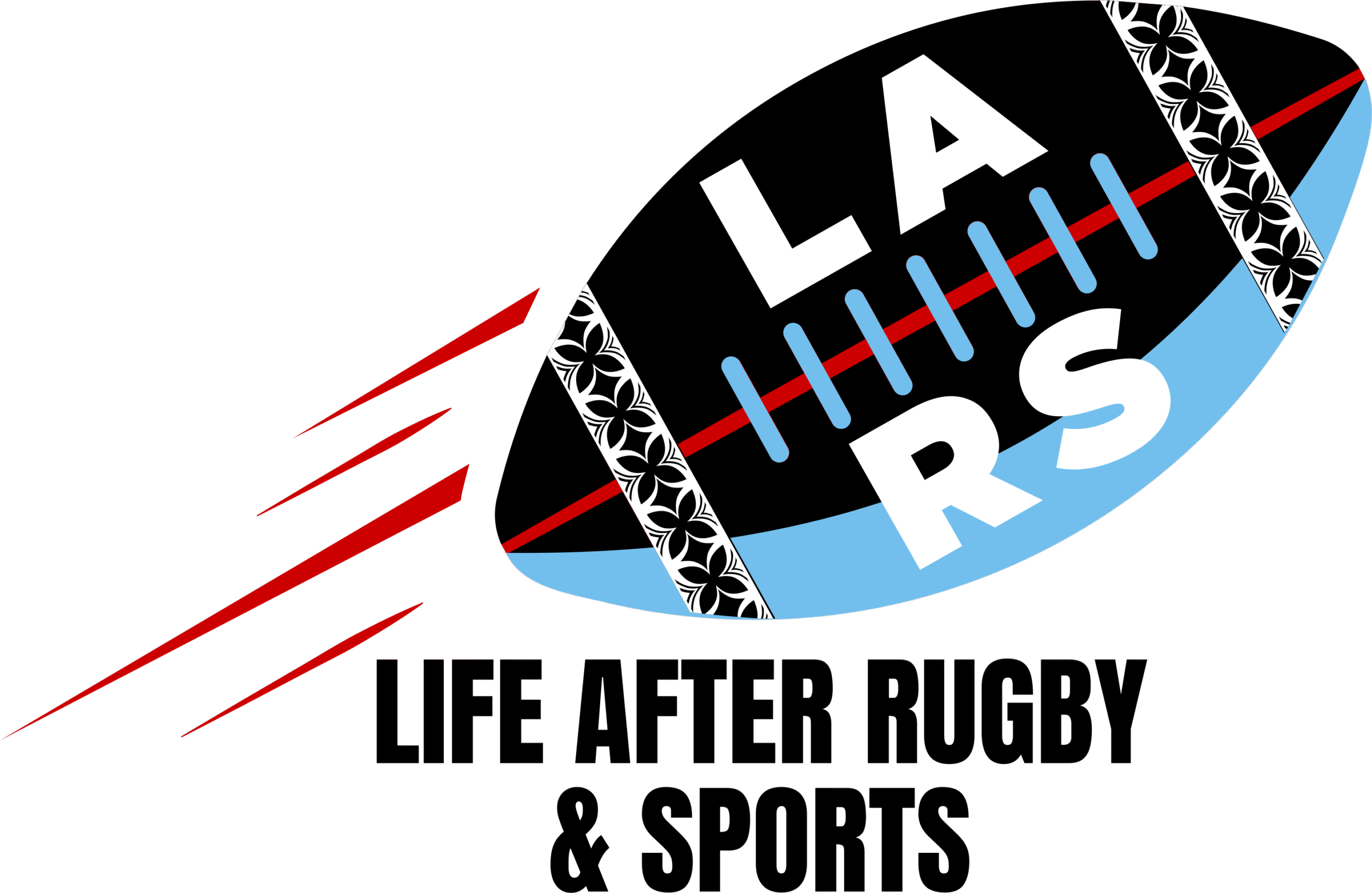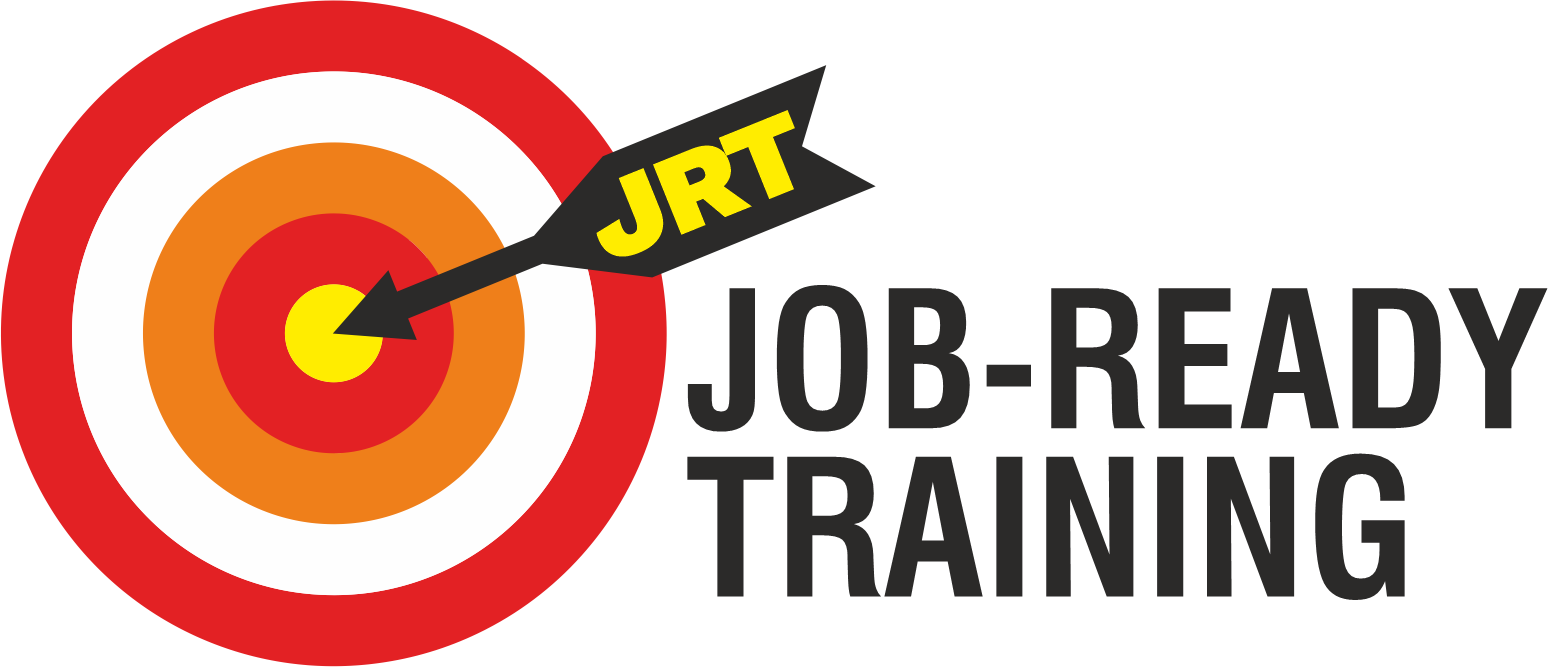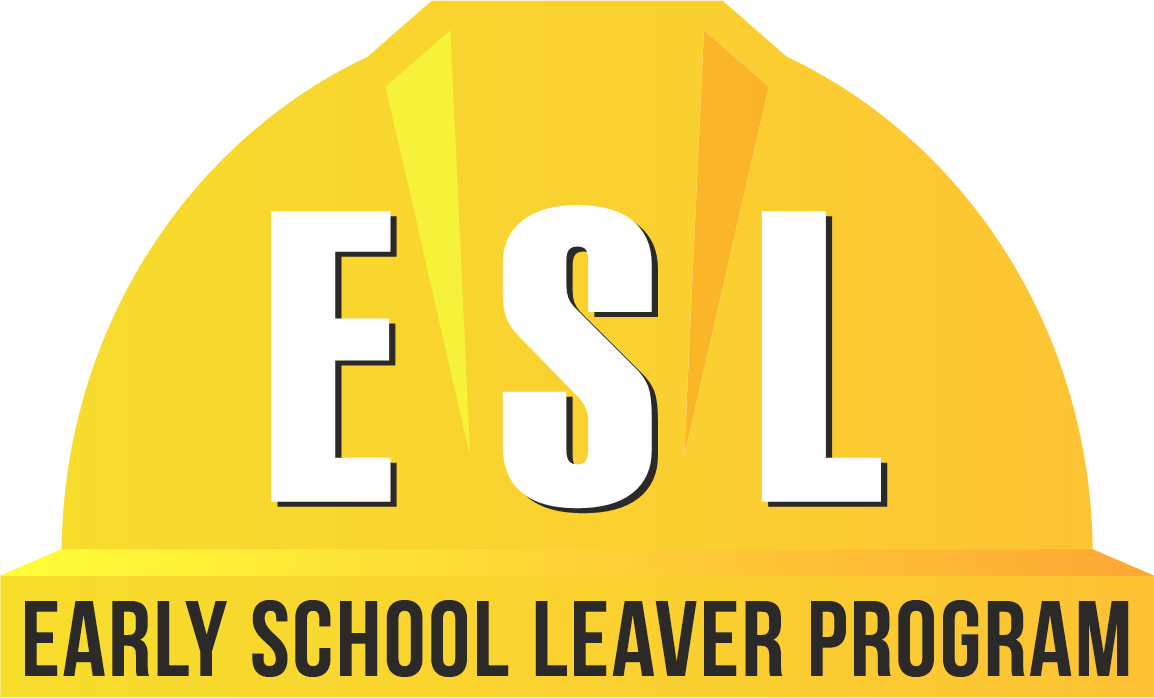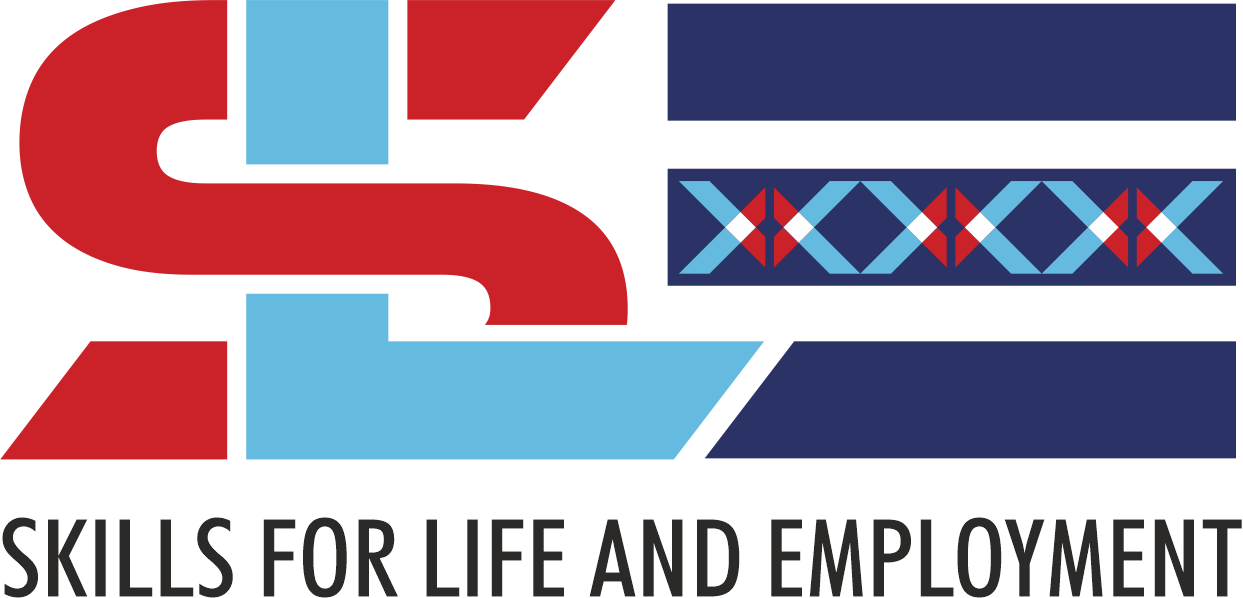
Life After Rugby & Sports
The LARS program focuses on teaching vocational skills to young rugby players for a rewarding life after sports.

Job Ready Training

Early School Leaver Program
The ESL program trains young students with employable trades skills in case they choose to drop out of the school system.
Equip students with skills
Hands-on training in trades gives students confidence, independence, and tools to earn a living.
Empowered by employability
Students gain real-world skills that open doors to income, stability, and a brighter future.
Job ready with less academic pressure
Practical learning paths help students succeed without relying solely on traditional academic achievement.
Free to follow their passion
Learners can pursue trades they enjoy, turning talents into careers and passion into purpose.
Skills for Life & Employment

Students need both
Education & Skills
Students need both Education & Skills
In today’s world, students need more than just academic education – they also need practical skills to succeed in life. While school learning builds knowledge, real-world skills such as communication, teamwork, and trade-based abilities are essential for employment and daily challenges. This is where Skills for Life & Employment (SLE) steps in. SLE aims to work with schools across Fiji to provide students with hands-on training in areas like commercial cooking, mechanics, hospitality, health care, hair & beauty and much more. By combining education with skill development, SLE empowers young Fijians to become job-ready, confident, and capable of building a secure future—whether they continue their studies or enter the workforce early.
Skills For Life & Employment Programs
LARS JUNIOR
The LARS Junior Program, operated under SLE and APMT, is an innovative, world-class 12-week hybrid initiative
LARS SENIOR
Building on the groundbreaking potential of LARS Junior, the LARS Senior program, delivered by APMT under the Skills
EARLY SCHOOL LEAVER
The ESL program trains young students with employable trades skills in case they choose to drop out of the school system.
GENDER EQUALITY STREAM
The Gender Equality Stream is aimed at empowering young women with the skills and confidence for safe, independent, and fulfilling lives.
Generating economic growth with skills training
Empowering Lives, Shaping Futures
The APMT Skills for Life and Employment Initiative (SLE) is a transformative initiative empowering individuals with essential life skills and vocational training.

Beyond Technical Skills
The SLE program offers more than technical training – it builds resilience, essential life skills, and confidence by integrating education with personal development.

Industry Oriented
APMT’s program bridges the gap between education and employment by partnering with industries to provide work-integrated learning experiences. This initiative offers students a combination of classroom instruction coupled with on-the-job training in sectors such as hospitality, tourism, automotive, and health services.

Earn while they Learn
The hands-on approach allows participants to earn while they learn, making education financially viable while equipping them with job-ready skills. By collaborating closely with employers, APMT ensures the courses meet current industry standards and workforce demands, resulting in higher employability rates

SLE makes measurable progress toward several UN Sustainable Development Goals:
SDG 3 (Good Health and Well-being)
Life skills training includes mental health, substance awareness, and self-defense.
SDG 4 (Quality Education)
Equitable access to secondary and vocational training; remedial academic support. pacific.un.org
SDG 5 (Gender Equality)
Targeted support for girls; prevention of early pregnancy and domestic violence.
SDG 8 (Decent Work)
Certificate qualifications linked to labor market; partnerships ensure pathways to employment or entrepreneurship.
SDG 10 (Reduced Inequalities)
Focus on rural youth, disadvantaged students, and gender equity
SDG 17 (Partnerships)
Integrated delivery with education ministry, FHEC, Ministry of Youth and Sports, Ministry of Employment, Productivity and Workplace Relations. TELS, Departmetn of Vocational Institutions, NGOs, and private sector.
News & Information
Youths Not in Employment, Education or Training [NEET]
The 2023–2024 Employment and Unemployment Survey by the Fiji Bureau of Statistics (FBoS) found that 23.7% of Fijian youths aged 15–24, or 29,056 out of 122,784, are not in education, employment, or training (NEET). Youth unemployment stands at 18.3%.
Strategic Partners






